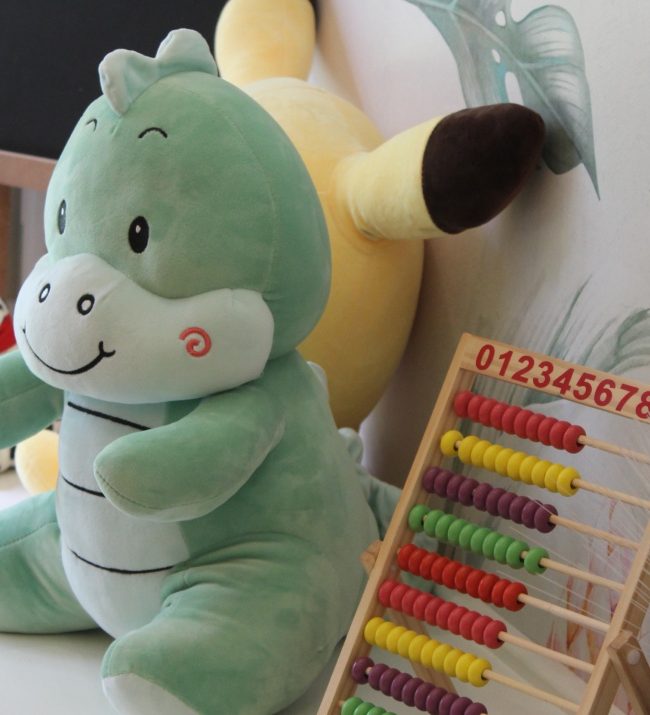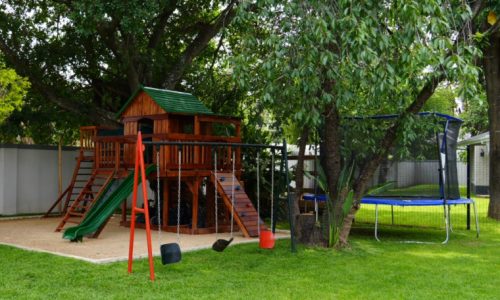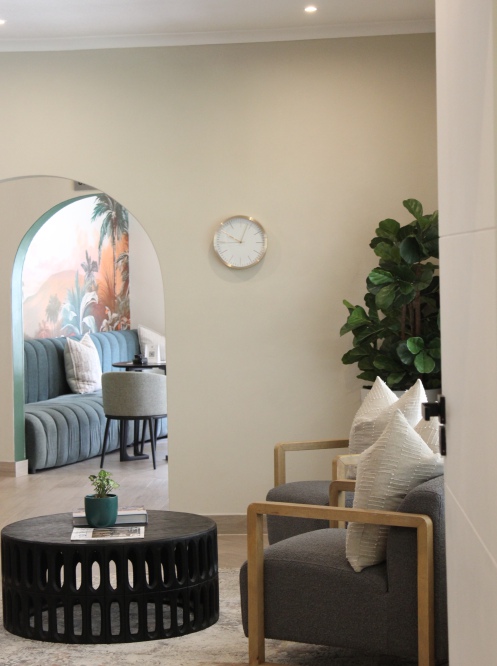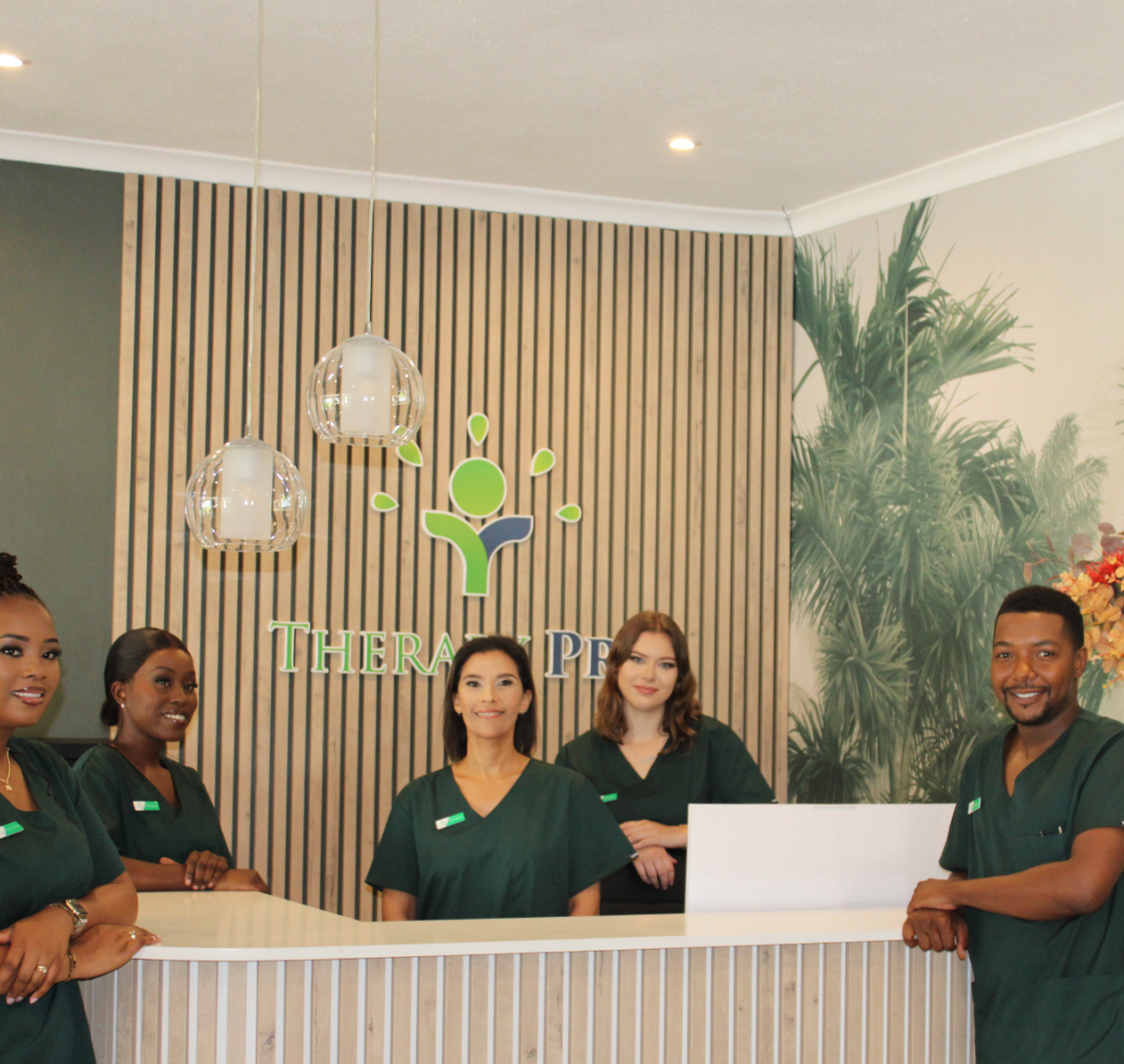

All our services are provided by highly skilled individuals with vast experience and passion. Our team of highly skilled Therapists provide support across assessments, reports, Therapy planning, sourcing therapeutic equipment, supporting children through times of change and transition as well as training parents and caregivers various child handling techniques.
Kids are at the heart of everything our paediatric therapists do. Our team of highly experienced clinicians design and deliver their support based on a “team around the child” approach.
Our team understands that as kids grow, their needs evolve. They might start with Occupational Therapy and later require Speech and Language Pathology Support, or maybe some Psychology and Positive Behaviour Strategies. But the real foundation and constant in their life is their Family and when the family and support team place the child’s development at the centre, we find that therapeutic strategies are far more successful. We are research driven.
We offer a complete “Team around the Child” approach. We have got you covered with a wide range of experienced, friendly practitioners who bring a wealth of experience. At Therapy Pro we are all about streamlined communication. This has a direct impact on the quality of rapport our therapists can build with your child, making it easier to build meaningful, enjoyable relationships within a support framework. We are all about enjoyable therapy!
Our priority is creating space in your relationship with your daughter, son, or special little person to enjoy spending time together, engaging in fun activities which just so happen to have therapeutic benefits and outcomes. Flexible and intuitive reporting.
We offer flexibility on the depth and scope of reporting, only using formal assessment tools when they are clinically appropriate. We strive to ensure these reports represent the areas where your child would benefit from extra time and attention, while also clearly describing their unique strengths, passions and interests. While we do indeed carry out assessments and write reports, we are just as invested in spending the time necessary to get to know your child, how your family works, and who else is in your support community.We use this to build a coordinated and seamless support system for your child and your family.
We love what we do. Every time a family trusts us to be their therapist, Key Worker, or therapy team, we get a rush of excitement. We know what a privilege it is to be trusted in those roles. We genuinely love to spend time with your child, playing and laughing, sharing our thoughts and experiences with you in order to develop new skills and behaviours. We are thrilled to educate parents and carers about how to support your child in becoming the best version of themselves.
Here’s how our expert team can support your family:
Our Specific Support Areas

If you only need to access one of Therapy Pro for Kids’ disciplines, such as speech, occupational therapy, social work or psychology, we are here to provide specific support.
Whether you need a mixture of an occupational therapist, speech pathologist, psychologist, social worker, or any other combination, we are ready to help. We can put together just the right team of therapists to match the needs of your child and their interests. Our holistic, coordinated care model means we look after all of the background work necessary.
Many families find that streamlining therapy services with one primary therapist delivering support is the best fit for their needs. In this model, you’re supported by a team, but you only need to connect with one of the therapists (the Key Worker). They are responsible for coordinating your therapy and implementing those therapeutic strategies within your home and everyday environments
We support children in engaging with others by teaching them how to use toys and games appropriately in social settings. We encourage them to explore diverse play experiences in their environments, enhancing their ability to access more opportunities for play. Additionally, we help children develop creativity and a sense of purpose during play while empowering them to express their preferences and opinions.
We support children in expressing themselves through gestures, vocalisations, spoken or sign language, and the use of pictures or symbols, fostering their enthusiasm to share their interests. Additionally, we help them develop comprehension skills by following instructions, taking turns in play and conversations, answering questions, and cultivating curiosity about how things work and what happens next.
We foster independence by encouraging participation in Activities of Daily Living (ADLs), leveraging daily routines to build new skills and behaviours. Our support includes assisting parents with meal time challenges, addressing feeding concerns, and establishing improved routines. Additionally, we facilitate toilet training and the use of equipment or aids that enhance daily independence.
We observe your child’s interactions with siblings, peers, and other children, encouraging positive social behaviours. We teach children how to approach and initiate communication with others and equip them with skills to respond effectively when invited to play. Additionally, we support children in managing frustration and building resilience by developing problem-solving abilities, confidence in turn-taking and sharing, asking for help, and setting personal boundaries.
We help children understand and navigate how their bodies interpret sensory information, supporting them in developing self-regulation skills. By teaching strategies to manage sensory input, we enable children to engage more effectively in learning through tailored adjustments and modifications to their everyday environments.
We help children develop awareness of personal safety and identify potential risks in their environment. Through play, we encourage natural curiosity by fostering skills such as asking questions and exploring how things work. Additionally, we support children in organizing their world by categorizing and sorting concepts like shapes, colors, and sizes, laying the foundation for academic skills suchas recognizing letters, numbers, reading, and writing.
Our Process
1
Referral:
Initiating support tailored to individual needs.
2
Initial Assessment:
Gaining a comprehensive
understanding of strengths and challenges.
3
Needs Outline & Target Setting:
Identifying priorities and
setting clear objectives.
4
Goal Setting:
Establishing achievable, meaningful outcomes.
5
Ongoing Assessments:
Continuously monitoring progress and adapting plans.
6
Outcome Measures & Qualitative Analysis:
Evaluating
effectiveness using both quantitative and qualitative insights.
7
Review & Discharge:
Reflecting on achievements and ensuring sustainable progress post-discharge.

